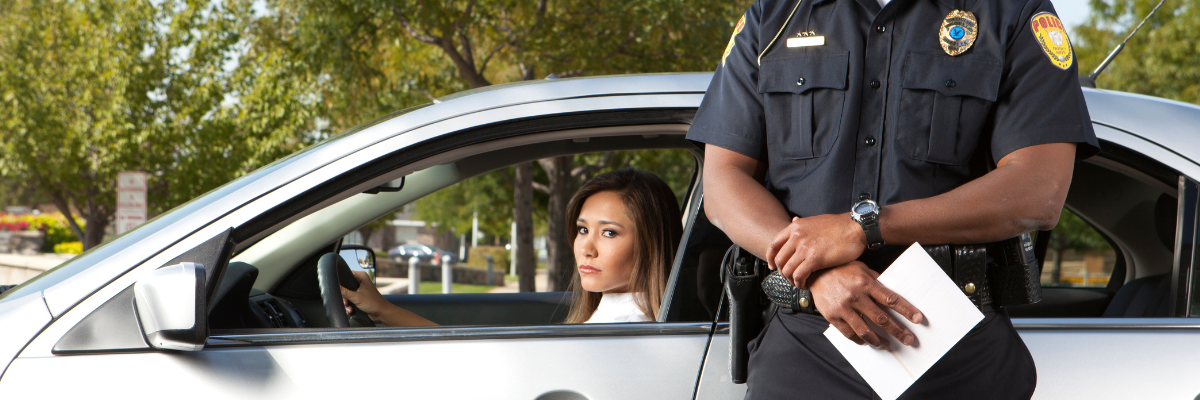Can You Record Police Officers in North Carolina?
Since smartphones emerged and started playing an active role in our everyday lives, most Americans carry a recording device in their pockets wherever they go. As a result, the ubiquity and frequent use of these devices have raised several questions about who or what can be recorded. This debate has extended into a variety of legal cases, especially during civilian interactions with local police. In North Carolina, understanding recording laws, when they are allowed and when they are not, is crucial to exercising your rights responsibly. Is there ever a time when you are allowed to film an officer on duty? Let’s dive in.
What the Law Says
The 2011 Supreme Court case Glik v. Cunniffe acknowledged this question and ruled that recording law enforcement falls under our First Amendment rights. Specific to our home state, North Carolina law requires one-party consent; meaning that only one party involved in the interaction needs to consent to the recording. The situation, however, is the key factor in determining whether a conversation was legally recorded. Did the filming occur in a public or private space?
Recording in Public vs. Private Settings
Public Settings: You are allowed to record police officers performing their duties in public environments, including (but not limited to) streets and sidewalks, parks, and commercial properties. The First Amendment provides the right to film law enforcement in a public space as long as it does not interfere with their responsibilities.
Private Settings: Recording in private or confidential settings, however, requires consent from all parties involved.
Interference with Police Duties
While recording is legally permissible, civilians who are filming cannot interfere with the police officer’s duties. Interference can include physically obstructing officers, making loud noises, or engaging in behavior that distracts them from their tasks.
Legal Protections for Recording
North Carolina and Federal Law protect our citizens’ right to record the police, but there are a few stipulations to this ruling:
- Confidential Communications: North Carolina prohibits recording confidential communications without consent from all parties.
- Use of Recordings: Recordings can be used for personal and legal reasons only.
The Value of Legal Recordings
Recording police interactions can play an essential role in securing transparency and accountability. Legally filmed footage provides an objective account of the events that transpired, which can aid tremendously in criminal cases. Your freedom to record is a valuable right for all citizens, but doing so legally, safely, and without causing interference is key to following the law in North Carolina.
HAVE QUESTIONS ABOUT YOUR RIGHTS? CALL THE GROSS LAW GROUP TODAY
If you’ve been charged with a felony or misdemeanor in North Carolina, call a criminal defense lawyer who can ensure your rights are protected. First Amendment rights are crucial, and if yours were infringed upon, call the Gross Law Group led by Attorney David K. Gross for expert criminal defense. Protect your future with personalized attention and aggressive representation. Trust a former police officer and experienced legal advocate to defend your rights. Contact us now. 910.666.0693





